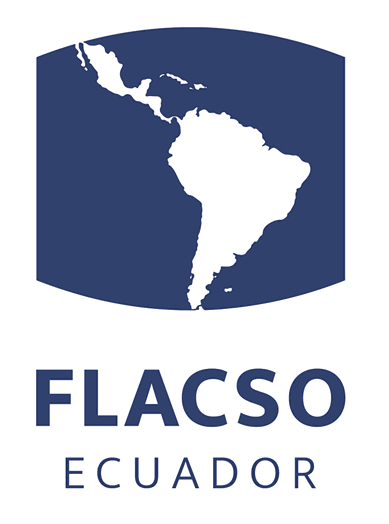Por favor, use este identificador para citar o enlazar este ítem:
http://hdl.handle.net/10469/7048Registro completo de metadatos
| Campo DC | Valor | Lengua/Idioma |
|---|---|---|
| dc.creator | Giroux, Henry | - |
| dc.date | 2014-08 | - |
| dc.date.accessioned | 2015-06-08T19:52:47Z | - |
| dc.date.available | 2015-06-08T19:52:47Z | - |
| dc.identifier.citation | Giroux, Henry. 2015. La esperanza en nuestra era (Fundamentos y Debate) o The Hope in our Age. Mundo Siglo XXI. Revista del Centro de Investigaciones Económicas, Administrativas y Sociales del Instituto Politécnico Nacional, 9(33): 41-51. | es_EC |
| dc.identifier.issn | 1870-2872 | - |
| dc.identifier.uri | http://hdl.handle.net/10469/7048 | - |
| dc.description | Explorando la amplitud de la crisis económica y política de la sociedad americana, este ensayo analiza el modo en que la cultura política en EU ha caído en un estado de amnesia colectiva. El consumismo es ahora la única obligación de la ciudadanía. A medida que el espacio mundial de crítica se ve limitado por la ausencia de pedagogías y espacios públicos que fomenten el intercambio de información, los horizontes de una democracia inclusiva y sustantiva parecen desaparecer en favor de la creciente militarización del espacio público, el asalto al Estado de bienestar, la comercialización continua de la vida cotidiana y el creciente aislamiento. Basándose en la obra de Zygmunt Bauman, David Harvey y otros, el autor analiza la actual crisis de sentido y sus implicaciones para el desarrollo de una cultura política que unifique el pensamiento utópico no sólo a la naturaleza compleja de la acción social y la importancia de las esferas públicas democráticas, sino a la formación educativa y socialización en el mundo de la política. | es_EC |
| dc.description | Exploring the amplitude of the economic and political crisis in American society, this paper discusses how the political culture in the U.S. has fallen into a state of collective amnesia. Consumerism now becomes the only obligation of citizenship. As the worldly space of criticism is undercut by the absence of public pedagogies and spaces that encourage the exchange of information, horizons of an inclusive and substantive democracy appear to disappear against the growing militarization of public space, the attack on the welfare state, the ongoing commercialization of everyday life, and the growing isolation. Drawing upon the work of Zygmunt Bauman, David Harvey and others, the author addresses the current crisis of meaning and its implications for develop of a cultural politics that links utopian thinking not only to the complex nature of social agency and the importance of democratic public spheres, but also to the educational training and socialization in the world of politics. | es_EC |
| dc.format | p. 41-51 | es_EC |
| dc.language | spa | es_EC |
| dc.publisher | México D. F., México : CIECAS – IPN | es_EC |
| dc.subject | ESPERANZA | es_EC |
| dc.subject | AUTORITARISMO | es_EC |
| dc.subject | PARTICIPACIÓN CÍVICA | es_EC |
| dc.subject | MOVIMIENTOS SOCIALES | es_EC |
| dc.subject | NEOLIBERALISMO | es_EC |
| dc.subject | DESIGUALDAD SOCIAL | es_EC |
| dc.subject | DICTADURAS LATINOAMERICANAS | es_EC |
| dc.subject | PEDAGOGÍA | es_EC |
| dc.subject | DEMOCRACIA | es_EC |
| dc.subject | GLOBALIZACIÓN | es_EC |
| dc.title | La esperanza en nuestra era | es_EC |
| dc.title.alternative | The Hope in our Age | es_EC |
| dc.type | article | es_ES |
| dc.tipo.spa | Artículo | es_EC |
| Aparece en las colecciones: | Mundo Siglo XXI, No. 33 | |
Archivos en este ítem:
| Archivo | Descripción | Tamaño | Formato | |
|---|---|---|---|---|
| REXTN-MS33-04-Giroux.pdf | Artículo - revista | 759,71 kB | Adobe PDF |  Visualizar/Abrir |
Todos los ítems de FLACSO se distribuyen bajo licencia CREATIVE COMMONS.


